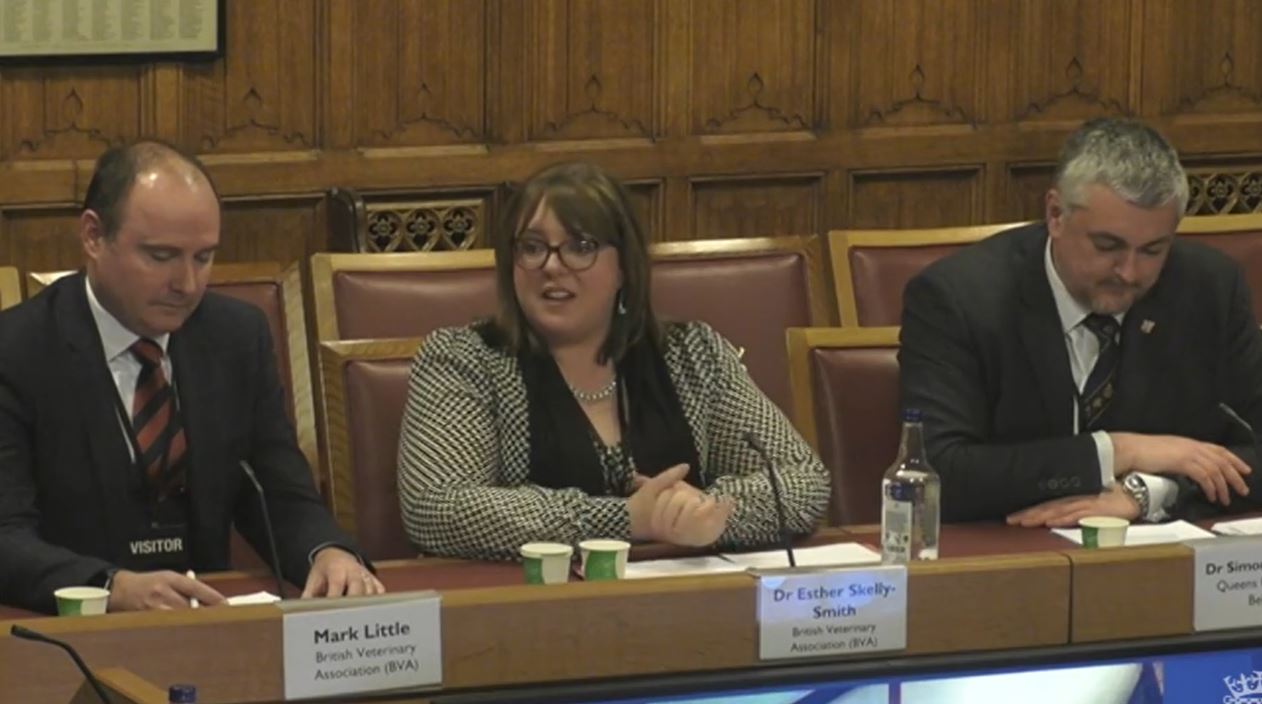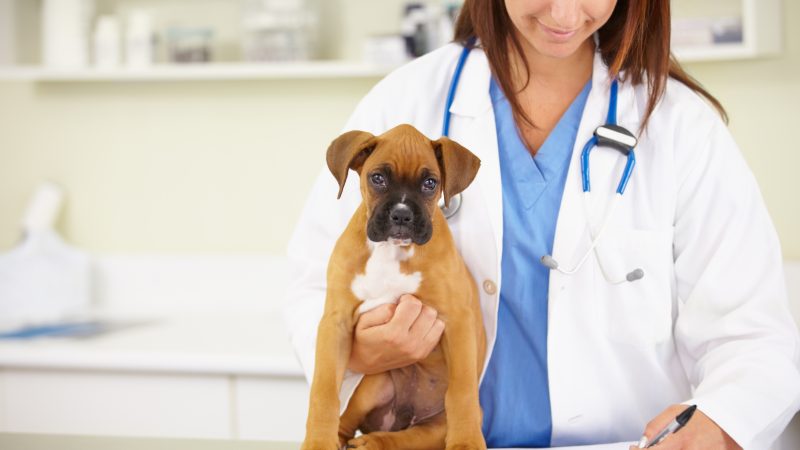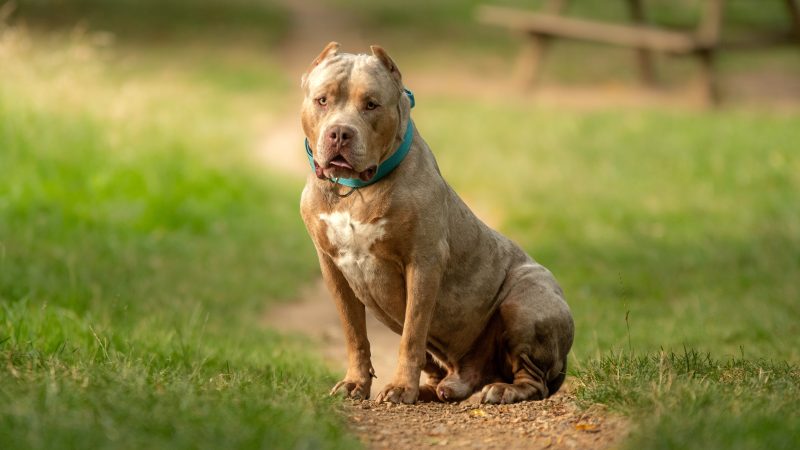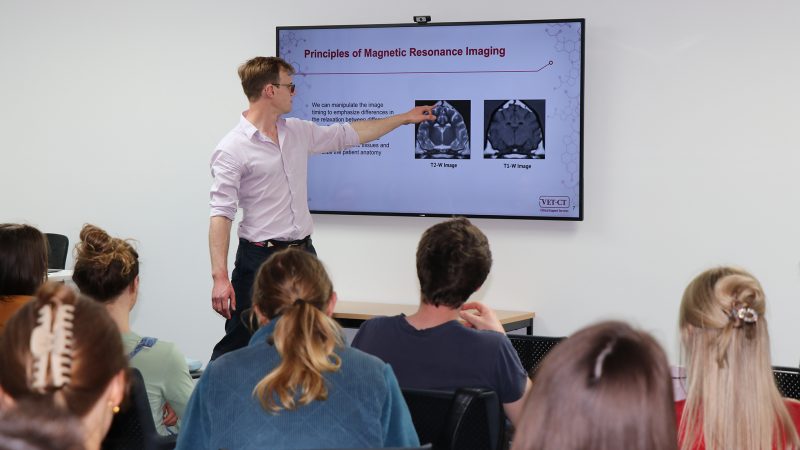BVA welcomes working group to find vet medicines solution

A commitment by the UK Government to finding a permanent solution to the looming threat to Northern Ireland’s access to veterinary medicines has been welcomed by the British Veterinary Association .
As a result of the UK leaving the European Union, Northern Ireland faces potentially losing access to an estimated 51% of veterinary medicines, including vaccines for zoonotic diseases such as salmonella and leptospirosis, as well as insulin for dogs and cats and flu and tetanus vaccines for horses.
In light of the threat the Government has now established the new Veterinary Medicines Working Group, which will explore options to safeguard supply and report its finding before the existing temporary regulations end in December 2024.
Responding to the news BVA NI Branch President Esther Skelly-Smith said: “The British Veterinary Association has been highlighting the serious threat to Northern Ireland’s access to veterinary medicines for some time and therefore it’s good to see the Government commit to finding practical, long-term solutions.
“We have also continued to call for more dialogue between the UK Government and EU Commission on this issue. The new Veterinary Medicines Working Group is an important step towards safeguarding supply, which if left unaddressed will have serious and far-reaching consequences for the veterinary profession, the farming and equine sectors, as well as public health.
“It is only by a willingness to look carefully and creatively for possible solutions that the ongoing protection of Northern Ireland’s animal and public health and vital agricultural industry will be ensured.”
The news came after she and two past presidents gave oral evidence to a House of Lords Windsor Framework sub-committee on post-Brexit vet medicines access.
Esther Skelly-Smith had told a sub-committee conducting a new inquiry into the Windsor Framework and continued access to veterinary medicines in NI: “If the current grace period expires without an agreement, the potential consequences are vast and severe.
“NI would be left facing a very real public health emergency and serious implications for the farming industry as well as potentially devastating outcomes for the equine sector and companion animals unable to get the treatment they need.
“It’s crucial a permanent solution is found to ensure the protection of Northern Ireland’s animal and public health and the agricultural economy is able to continue.”







